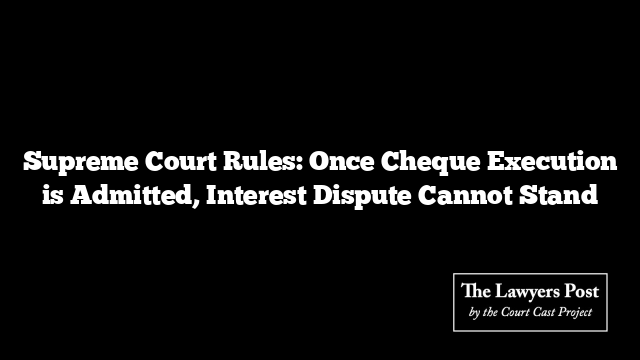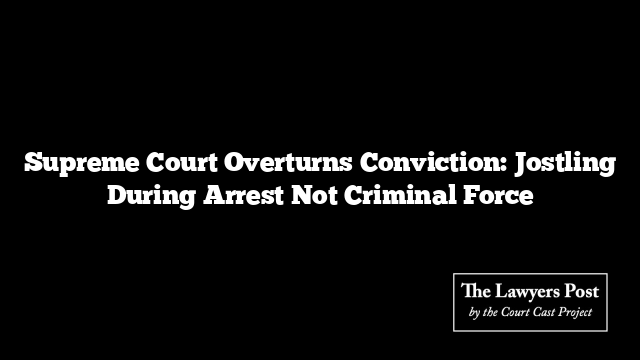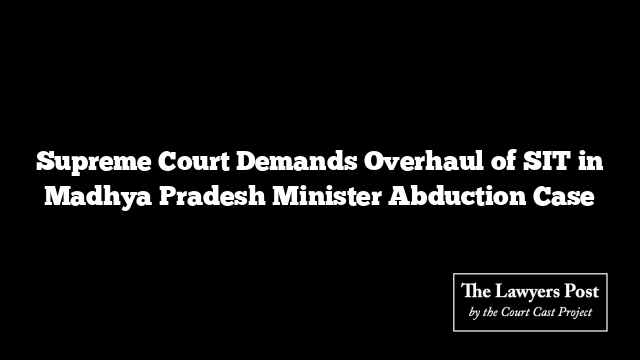In a significant ruling, the Supreme Court has clarified that once an individual admits to issuing a signed cheque, disputes over the interest rate of a loan cannot be used as a defense in cases of cheque dishonor under Section 138 of the Negotiable Instruments Act, 1881.
The case centered on a respondent who had issued a cheque for ₹19 lakhs to a chit fund company for outstanding dues. When the cheque bounced with the endorsement “Account Closed,” the trial court convicted him under Section 138 NI Act. Although the appellate court and High Court acquitted the respondent, the chit fund company challenged this decision before the Supreme Court.
The appellate court’s acquittal was based on a claim that the interest had been calculated incorrectly—3% per month instead of 1.8%. However, the Supreme Court dismissed this argument, emphasizing that since the respondent admitted to issuing the cheque, the dispute over interest rates was irrelevant.
The Supreme Court underscored that the issue was settled by the fact that the cheque was issued to repay a loan, irrespective of the interest rate discrepancies. Referring to the Dashrath Rupsingh Rathod v. State of Maharashtra case, the Court reiterated that the offence under Section 138 NI Act occurs the moment the cheque is dishonored.
Rejecting the respondent’s arguments, the Court noted that the principal amount was undisputed and that changes in interest rates should not overshadow the primary issue of repayment. The Court also dismissed claims that the 3% interest rate violated Tamil Nadu’s Prohibition of Charging Exorbitant Interest Act, stating that such matters cannot be addressed in NI Act proceedings.
The Supreme Court overturned the acquittal, ordering the respondent to pay a fine of ₹28.5 lakhs, equivalent to one and a half times the cheque amount. Given the respondent’s advanced age and personal circumstances, imprisonment was waived on the condition of paying the fine within eight months. Failure to comply will result in a one-year imprisonment sentence.
This ruling reinforces that admissions of cheque issuance can preclude disputes over loan interest rates in cheque dishonor cases.





